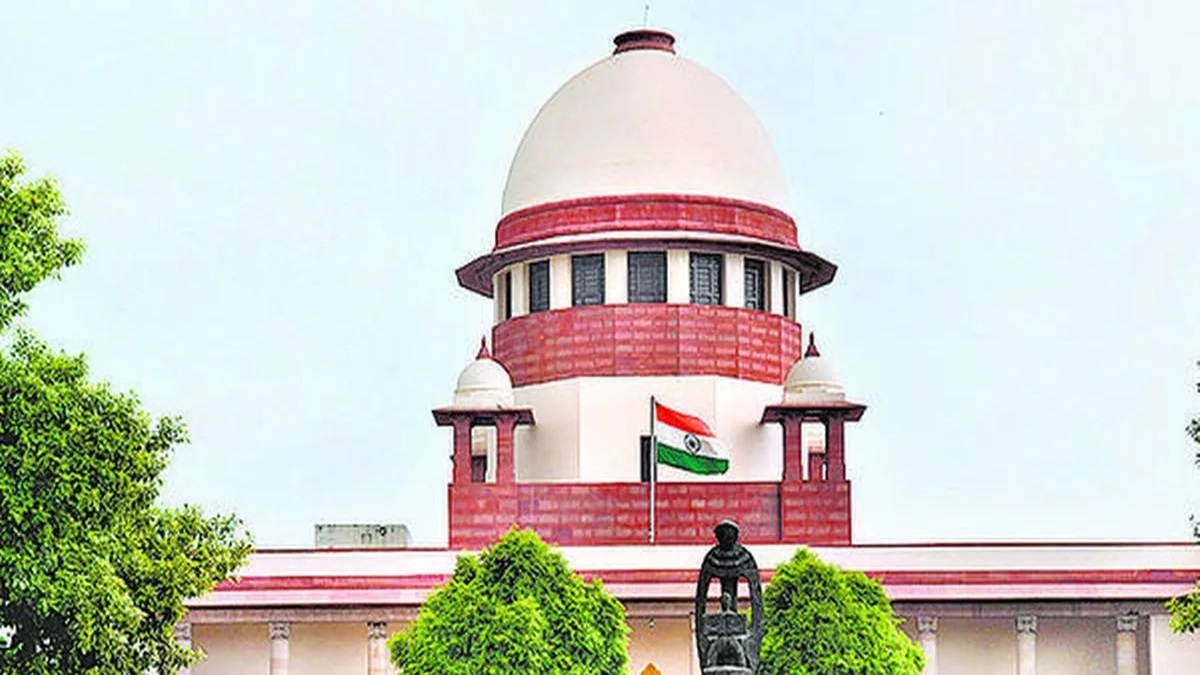Court has instructed states to submit their survey findings to the Ministry of Education, which will coordinate with Ministry of Women and Child Development for follow-up action.
Taking serious note of exclusion of orphaned children from educational entitlements, Supreme Court of India has directed all state governments to carry out a comprehensive survey to identify those who have been denied admission under Right to Education (RTE) Act. States have been asked to provide detailed data on both admitted and rejected cases to ensure no eligible orphan is left behind.
Directive was issued during an ongoing case related to implementation of RTE provisions for orphaned children. Apex court expressed concern over the inadequate response from states in fulfilling their responsibility to ensure access to free and compulsory education for this particularly vulnerable group. It termed the denial of such rights a serious breach of constitutional guarantees.
In a forward-looking move, the court also recommended that orphaned children be included as a separate category in the 2027 national census. This inclusion, if carried out, would be a first in India’s demographic data collection and could significantly strengthen policy and welfare planning for orphaned children across the country.

Court further instructed states to submit their survey findings to the Ministry of Education, which will coordinate with the Ministry of Women and Child Development for follow-up action. Local bodies, including panchayats and municipal authorities, have also been urged to assist in identifying such children through field-level outreach and collaboration with child welfare committees.
Child rights organisations have welcomed the court’s intervention, describing it as a much-needed push for data-driven policy reforms. “This is a landmark move. For the first time, we may have real numbers and insights into how many orphaned children are missing out on education. The census inclusion could ensure long-term policy interventions,” said an official from a national child welfare NGO.
Under RTE Act, private unaided schools are required to reserve 25% of their seats for children from economically weaker sections and disadvantaged groups, which includes orphans. However, enforcement has varied widely across states, with many schools denying admissions due to documentation gaps or administrative reluctance. Supreme Court is expected to review compliance once the states submit their reports.
Read More:
Those who completed Class 12th in Commerce stream can go for Bcom, Company BBA, LLB, Economics, Economics, etc. There are so many degree courses for commerce students. Check few courses for commerce students below.
1. B.Com Accounting and Taxation
2. B.Com Applied Economics
3. B.Com (Honours)
4. Bachelor of Business Administration
5. Chartered Accountancy
6. Company Secretary
7. Company3 Accountancy
8. Company3 of Accounting and Finance
9. Bachelor of Management Studies
10. Bachelor of Foreign Trade
Follow Shiksha.com for latest education news in detail on Exam Results, Dates, Admit Cards, & Schedules, Colleges & Universities news related to Admissions & Courses, Board exams, Scholarships, Careers, Education Events, New education policies & Regulations.
To get in touch with Shiksha news team, please write to us at news@shiksha.com

Abhay Anand is an experienced education journalist with over 15 years in print and digital media. Currently serving as Manager- Editorial at Shiksha.com, he specializes in higher education policy, student mobility,
Read Full Bio Call 8585951111
Call 8585951111
Students need to score at least 33 per cent in each subject in order to clear the CBSE 12th board exams. In subjects that have practical component, students need to obtain 33 percent in practical and theory separately.